October 27, (THEWILL) — Cameroon’s long-serving President, Paul Biya, has been declared winner of the October 12 presidential election, securing another term in office and extending his more than four decades in power.
According to official results announced on Monday by the Constitutional Council, the 92-year-old leader polled 53.66 percent of the votes, defeating his closest rival, Issa Tchiroma, who garnered 35.19 percent.
The outcome cements Biya’s status as one of Africa’s longest-serving heads of state, having first assumed office in 1982.
His prolonged rule has continued to stir debate both within Cameroon and internationally, amid criticism over alleged democratic stagnation and human rights concerns.
Tchiroma, a former minister and government spokesperson in his late seventies, had earlier declared himself winner before the official results were released, claiming his campaign’s independent tally showed a clear victory.
However, Biya’s Cameroon People’s Democratic Movement (CPDM) dismissed the opposition’s claims as false and irresponsible, describing the election as “peaceful, credible, and reflective of the people’s will.”
The announcement has sparked mixed reactions across the country. Supporters of the ruling party celebrated in Yaoundé and other major cities, while opposition strongholds saw street protests questioning the legitimacy of the results.
In Douala, at least four people were reported killed on Sunday when security forces clashed with demonstrators demanding the publication of what they called the “true results.”
Witnesses said police used tear gas and live ammunition to disperse the crowds.
Human rights groups have condemned the excessive use of force and called on the authorities to allow citizens to express their grievances peacefully.
International observers have also urged transparency and dialogue to prevent further unrest, advising all parties to channel their disputes through legal means.
With this victory, Biya is set to extend his leadership into a fifth decade, a period marked by economic difficulties, separatist tensions in the Anglophone regions, and persistent calls for political and institutional reforms.







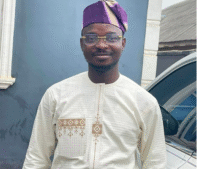
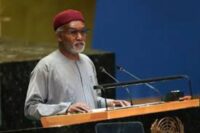

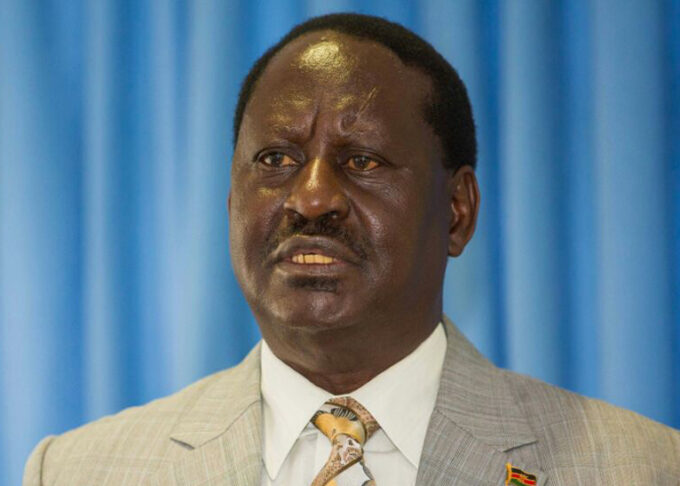





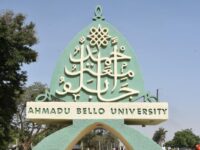
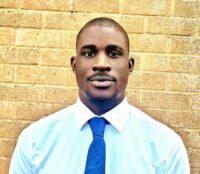
Leave a comment